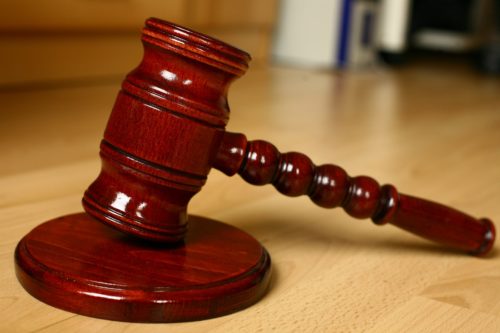
Facing a misconduct process in college can be a stressful experience for students. Whether the allegations involve academic dishonesty, student conduct code violations, or more serious allegations like sexual misconduct, students often find themselves navigating unfamiliar territory. It’s essential for students to understand that they have rights throughout this process, and knowing these rights can help ensure that the hearing is conducted fairly and that the student’s voice is heard. Read on and contact the student misconduct defense lawyers here at Allen Harris PLLC to learn more about your rights during a misconduct process and how we can help protect them. Here are some of the questions you may have:
What Is Due Process in a College Misconduct Process?
Due process is a legal principle that guarantees basic fairness to individuals accused of serious misconduct, and it is an important concept in college misconduct processes. At public institutions, students are entitled to certain due process protections under the U.S. Constitution. While private colleges are not bound by the same constitutional standards, many still incorporate similar due process protections into their codes of conduct. The specific requirements for due process can vary depending on the severity of the allegations, but at its core, it ensures that students are given notice of the charges against them and the opportunity to be heard.
For example, students should receive written notice of the alleged misconduct, detailing the re “who, what, when, and where” of the allegations, as well as what policy or policies may have been violated. This notice must be provided in advance of any interview or hearing to give the student enough time to prepare a defense. The “opportunity to be heard” means that the student should have the ability to present their side of the story – although this does not necessarily mean a hearing, it could mean a meeting with an investigator. Importantly, due process ensures that the investigation and/or hearing is conducted impartially, free from bias or pre-judgment.
Can Students Have an Attorney During a Misconduct Hearing?
One of the most frequently asked questions about college misconduct hearings is whether students are allowed to have an attorney present. The answer often depends on the institution’s policies and the nature of the case. Most schools allow students to have an advisor – who may be an attorney – throughout a campus disciplinary process, but they may limit the role the attorney can play.
Even when a student’s attorney cannot directly participate in an interview or hearing, however, having legal counsel is invaluable in preparing for the interview and/or hearing, helping to review evidence, crafting a defense strategy, and ensuring the student’s rights are respected throughout the process.